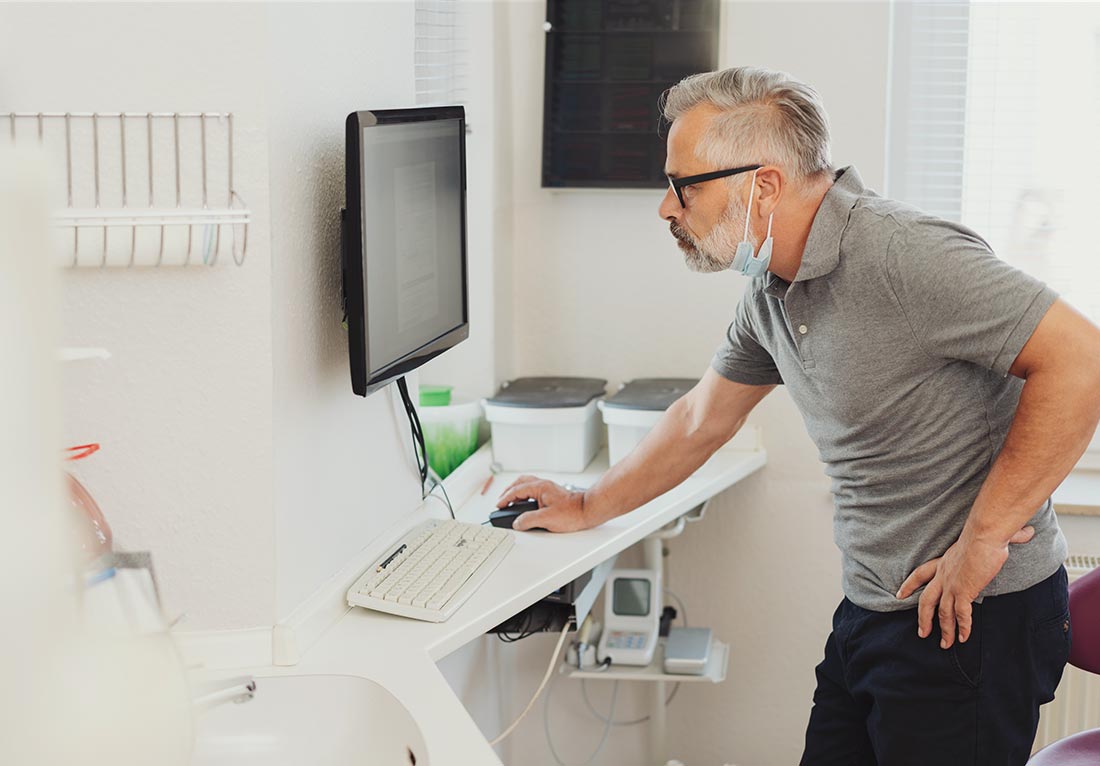
14 Aug Should My Teen Still See a Pediatric Dentist?
Should my teen continue to see a Pediatric dentist in Allen or switch to an adult dentist? is a common question we get.
If you’ve been bringing your kid to the dentist from a young age, chances are they’ve already gone to a pediatric dentist rather than a regular dentist. You might be wondering whether your teenager should visit a pediatric dentist or when it’s time to switch to an adult dentist now that they are older and have adult teeth. Every parent should give this question some thought. We say, Yes! There is no doubt that teenagers should keep visiting their pediatric dentist. This is why.
Teenagers are no longer children, but their mouth, face, and jaw are still developing and changing, and these changes may have an impact on their dental health.
4 Main Reasons Your Teen Should Visit a Pediatric Dentist
- Throughout their teen years, teenagers continue to grow: Their jaws and face are still developing and changing even if their permanent teeth have all replaced their baby teeth. Pediatric dentists are educated specifically to track growth and changes and are aware of this. Because of this, many young patients stay with their pediatric dentist past the time when their mouths have done growing and maturing, which is typically between the ages of 18 and 22.
- There may be a need for orthodontic services: In most cases, orthodontic treatment for children is considered throughout their teen years. Your teen’s jaw growth may not keep up with their permanent teeth because of their continuous growth, which can result in crowding and impaction problems. A pediatric dentist will consider a number of very specific issues as your child’s permanent teeth form as part of their evaluation. Inspecting a teenager will likely include checking for tooth crowding, biting issues, and teeth impaction.
- Problems with wisdom teeth in young adults: The third set of molars in the mouth, known as wisdom teeth, usually develop between the late teens and early 20s. This frequently results in tooth decay, crowding, and pain. This region is challenging to maintain cleanliness, making it a spot where germs can develop and cause cavities and gum disease. Pediatric dentists can aid in the early detection of abnormalities or complications that may develop as the wisdom teeth develop.
- Responsibility and Independence: While adolescence might be difficult, your children are ultimately learning how to take care of themselves and lead fulfilling lives on their own. During these years, we can assist teenagers in learning how to make wise dietary decisions, comprehend how to better take care of their dental needs on their own, and get them ready for the moment when their parents will no longer be making decisions for them. Additionally, teens face dental health issues due to their high risk of sports-related injuries, high-carbohydrate and sugar-containing diets, and the presence of orthodontic appliances.
When teenagers turn 18, we advise them to start going to a general or adult dentist. By this point, kids have typically stopped growing, had their wisdom teeth removed, undergone orthodontic treatment, and are more responsible for maintaining their own oral health.
